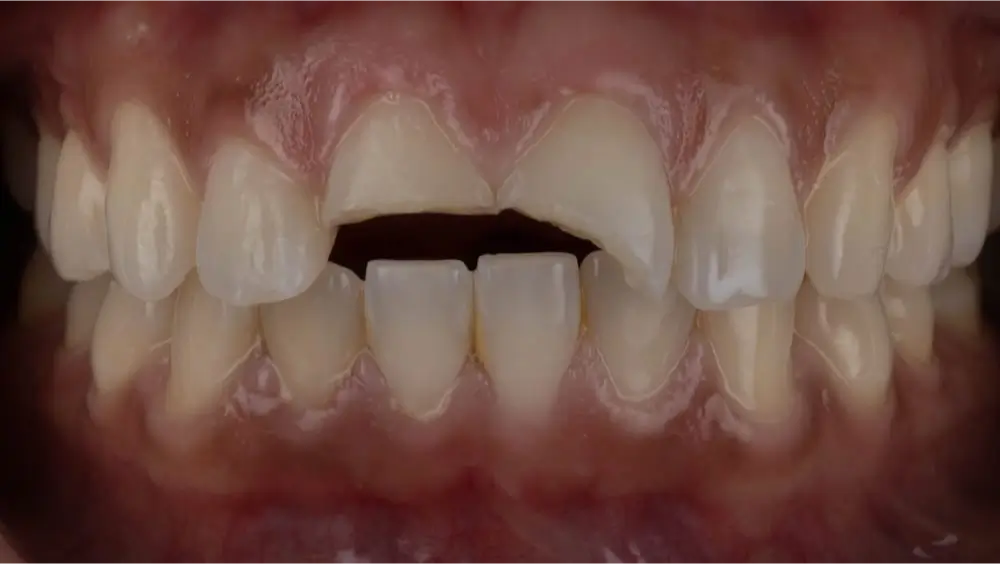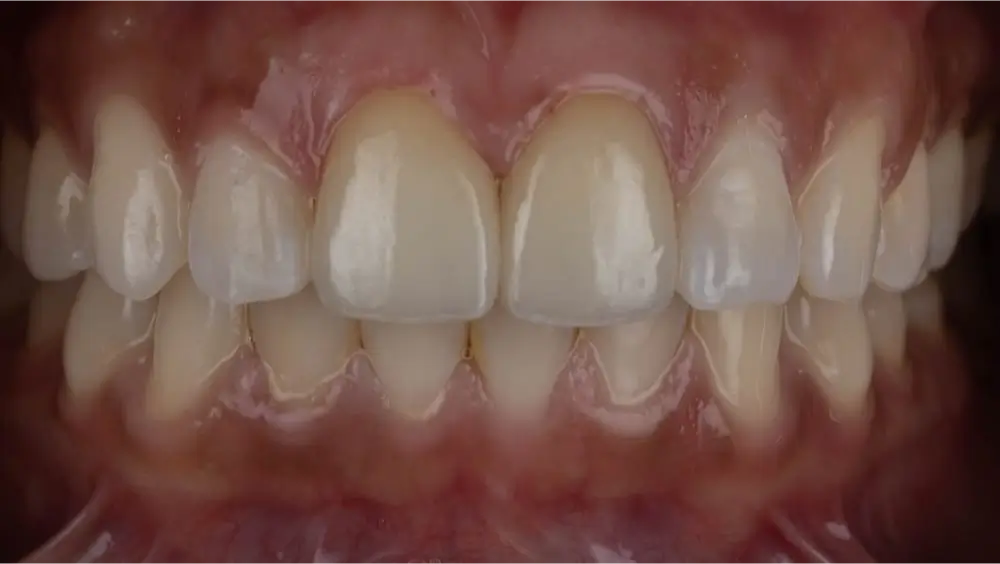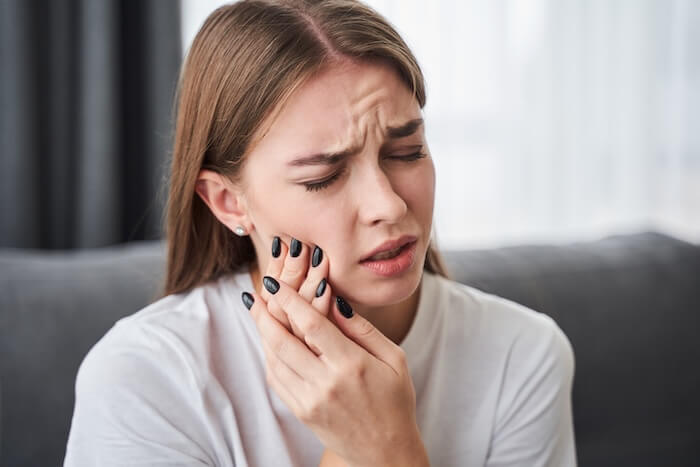Dental emergencies can happen when you least expect them, and knowing what to do can make all the difference in saving a tooth or preventing further complications.
At Fort Washington Dental Associates, we understand how stressful these situations can be, so we’re here to guide you through the steps you should take when a dental emergency arises.
First Aid for Dental Emergencies
In any dental emergency, quick action is key.
The first step in all situations is to stay calm and call us. To make this easier, you can prepare a dental first aid kit, or include a few extra pieces in your existing first aid kit. Include essentials like gauze, dental cement, orthodontic wax or sugar-free gum, a small, clean container with a lid (for knocked-out teeth), pain relievers, and your dentist’s contact information.
Here’s what you should do in each situation:
For a Knocked-Out Tooth:
- Find the tooth and pick it up by the crown (the part you see in your mouth). Avoid touching the root.
- If the tooth is dirty, rinse it gently with room-temperature water. Do not scrub it or remove any attached tissue fragments.
- If you can, try to place the tooth back into its socket. If that’s not possible, keep it moist by placing it in a container of milk, saline solution, or inside your mouth between your cheek and gums.
- Seek immediate dental care—time is crucial here.
For a Chipped or Broken Tooth:
- Rinse your mouth with warm water to clean the area.
- Save any pieces of the tooth if you can find them.
- Cover any sharp edges that could cut your cheeks or tongue with dental wax or sugar-free gum.
- Apply a cold compress to the outside of your mouth to reduce swelling.
- Contact us as soon as possible to get the tooth repaired.
For a Toothache:
- Start by rinsing your mouth with warm water.
- Gently floss around the tooth to remove any food particles that might be causing the pain.
- Apply a cold compress on the outside of your mouth if there’s swelling.
- Avoid putting aspirin or other painkillers directly on the gums, as this can damage the tissue.
- Call us to determine the cause of your pain, possibly get antibiotics, and schedule an appointment.
For a Lost Filling or Crown:
- You can temporarily cover the exposed area with dental cement (available at most pharmacies) to protect it.
- If a crown falls off, try to place it back over the tooth using dental cement or even toothpaste as a temporary fix. NEVER USE GLUE THAT IS NOT MADE FOR TEETH.
- Avoid chewing on that side of your mouth until you see your dentist for a permanent solution.
For Broken Braces or Wires:
- If a wire is poking into your cheek or gums, cover it with orthodontic wax, a cotton ball, or gauze. Sugar-free gum can work in a pinch.
- Do not attempt to cut the wire yourself, as this could lead to accidental swallowing.
- Contact your orthodontist as soon as possible for advice and repair.
For Soft Tissue Injuries:
- Clean the injured area by rinsing your mouth with warm water.
- Use gauze to apply pressure to the area and stop any bleeding.
- Apply a cold compress to reduce swelling.
- If the bleeding doesn’t stop after 10 minutes or the injury is severe, seek immediate medical attention.


When to Go to the Emergency Room for a Dental Emergency
The Fort Washington Dental Associates team is here to help you through dental emergencies in any way we can. However, there are some situations that are best addressed in a medical setting.
You should head to the ER if you or a person you’re helping in an emergency experiences:
- Loss of consciousness
- Signs of concussion such as dizziness, disorientation, vomiting, or nausea after a head injury
- Swelling in the face, neck, eyes, or gums that has spread beyond the area of your toothache
- A fever over 101°
- Difficulty breathing or swallowing
- Swollen lymph nodes
- Rapid heart rate
- Difficulty speaking
- Severe bleeding that doesn’t stop after 10 minutes
Even during hours when we’re not open, we have protocols in place to ensure you can get the help you need during a dental emergency.
However, it’s better to head to the ER if the dental emergency involves injuries to the jaw, head, or neck, if the injury has caused any dizziness, loss of consciousness, or signs of concussion, or if there is heavy bleeding that can’t be controlled with normal methods like biting on a gauze pad.
When you’re dealing with a dental emergency, you should never be left scrambling to find a dentist. We want you to always have peace of mind that our team is here for you, even if that means connecting you with an emergency dentist near you at that moment.
In all cases, we’ll be here to restore your smile to its full function and beauty once the emergency has been handled.


